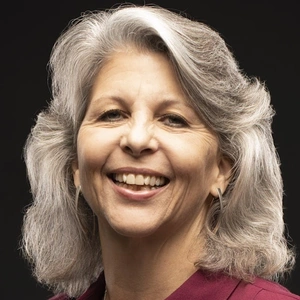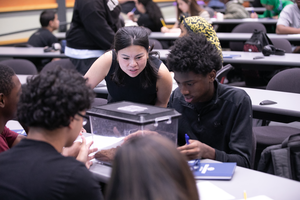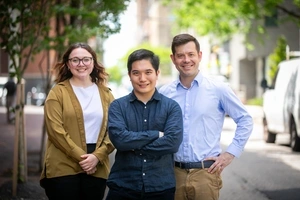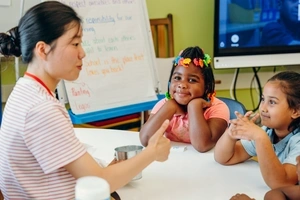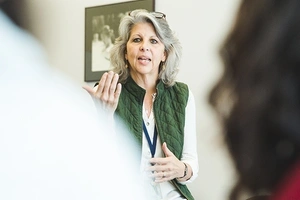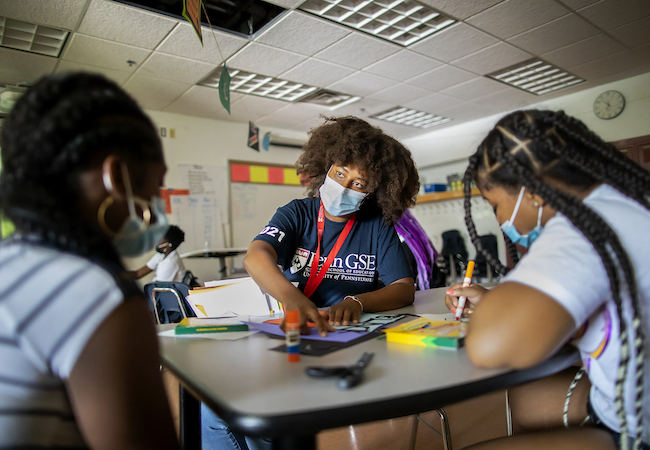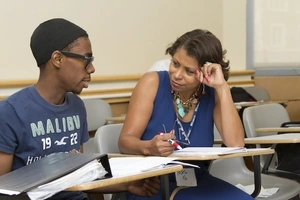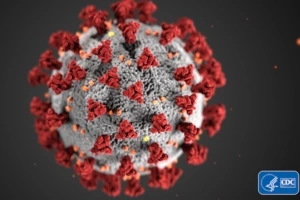Biography
Dr. Caroline Watts is the Director of the Office of School and Community Engagement (OSCE) at Penn GSE and works to facilitate and support partnerships with schools and communities in order to improve the educational outcomes and overall wellbeing of children and youth in Philadelphia. Over her career as a psychologist, program administrator, practicing child therapist, and university educator, she has focused her work on creating innovative institutional partnerships among schools, universities, and community health organizations that support equity and access to high-quality resources for urban children, youth, and families.
Dr. Watts’s work with OSCE directly supports the mission of the School and the University in engaging meaningfully, intentionally, and with documented impact with the city of Philadelphia. The Office serves as a hub for cultivating and supporting partnerships with schools and communities to improve the educational outcomes and overall wellbeing of children and youth in Philadelphia. Through a responsive stance, Dr. Watts and her team in OSCE work to leverage GSE’s expertise and resources to meet the priorities and needs identified by students, families, leaders, educators, and schools. The OSCE supports partnerships and projects at the individual school, network, and district levels in the School District of Philadelphia, working closely with GSE faculty and staff as well as University partners including the Netter Center for Community Partnerships.
Dr. Watts has over 30 years of experience working in community and school settings to develop models for prevention and intervention services provided through university–community–school collaborative structures. Her experience has crossed public, private, and residential treatment settings to develop prevention and intervention programs for children and youth with a wide array of needs. She currently serves as a Faculty Director of the interdisciplinary Field Center for Children’s Policy, Practice & Research at Penn and as a member of several cross-school committees and groups. Before coming to Penn GSE in 2008, Dr. Watts was the founding director of the Boston Children’s Hospital Neighborhood Partnerships Program (CHNP), the community mental health outreach program of the Department of Psychiatry at Boston Children’s Hospital. Dr. Watts was also a lecturer on education in the Risk and Prevention Program at the Harvard Graduate School of Education. She is a licensed practitioner of psychology in Pennsylvania.
Education
- Ed.D. (Counseling and Consulting Psychology) Harvard University, 1993
- Ed.M. (Counseling and Consulting Psychology) Harvard University, 1987
- B.A. (Sociology and Psychology) Yale University, 1982
Areas of Expertise
- Community-school-university partnerships
- School mental health
- School climate
- Social-emotional development
Academic Programs
Penn Chief Learning Officer, Ed.D. Principal Certification Professional Counseling, M.Phil.Ed. School Leadership, M.S.Ed.Research Interests and Current Projects
Dr. Watts’s current projects are grounded in developing effective and sustainable strategies for improvement in schools in order to enhance the wellbeing of children and the development of faculty and staff who serve them. The OSCE is taking on the development of models for academic support, teacher professional development, and stress and burnout management for educators, all in a university–school partnership structure. Research and evaluation efforts are connected to each of these strategies to assess efficacy, feasibility, and safety, as well as replication and portability opportunities. Her largest current project is an exploration of the partnership process and outcomes of the University’s collaboration with the Henry C. Lea School in West Philadelphia.
